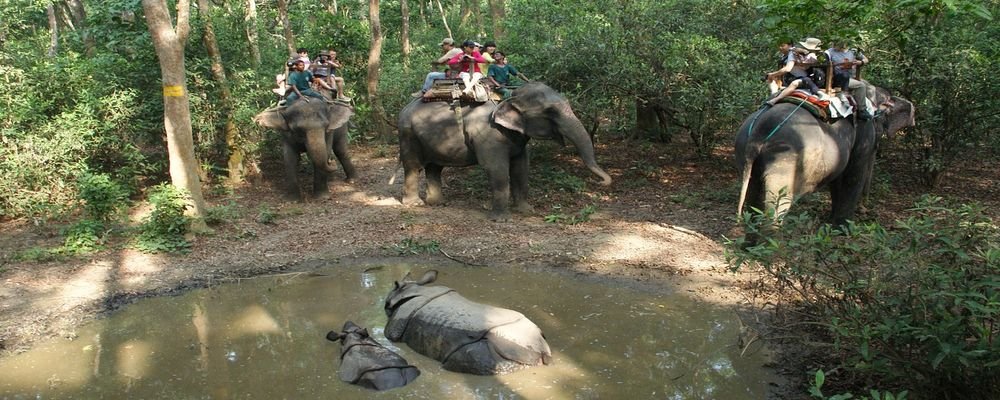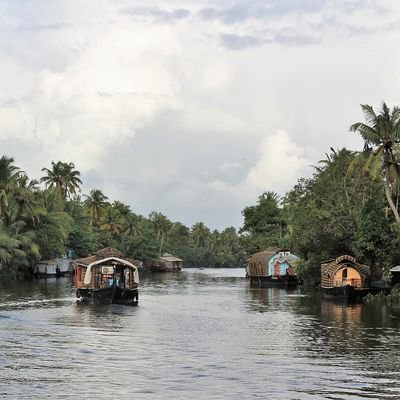Many of us travel because we want to see and interact with exotic and endangered animals that live in far-flung places. But is animal tourism ever ethical? We’ve put together a guide to help you to know when to stay away from animal attractions and how to plan more responsible travels to witness magnificent beasts in their natural habitats.
Never, ever physically interact with animals
Riding elephants, posing for photos with tigers and swimming with dolphins can never be considered ethical. Wild animals that allow you to ride them or touch them have often either been drugged or beaten into submission. Always remember that animals are wild creatures and should not be domesticated. Stay well clear of any attractions that allow you to touch, ride or pose for photos with them and observe from a distance.
 Do your research
Do your research
Don’t just book a safari, whale watching trip or similar activity with the first company you come across. Do your research and look at reviews to see if everything is above-board. Reach out to people who have been on the same trips and ask their opinions on whether the animals seemed happy or distressed. Always put the animal’s welfare above your own pleasure.
Don’t support restaurants or hotels that have dubious ethics
Stay well clear of restaurants that offer menus that focus on endangered animal meat and don’t stay at hotels that flaunt captive animals in their lobbies or grounds. If you arrive at a pre-booked location and don’t feel comfortable with an item on the menu or entertainment that involves animals, make sure you lodge a formal complaint to encourage the venue to change their ways.
Never feed wild animals
Whether you’re being encouraged to feed animals as part of an orga nised tour or you come across a wild animal on your own, never offer an animal food. You could be offering food that may make the animal ill or even be fatal to them. You are also domesticating that animal and endangering its chances of surviving in the wild by feeding it. Not to mention that wild animals can be dangerous and should not be approached without an expert present.
nised tour or you come across a wild animal on your own, never offer an animal food. You could be offering food that may make the animal ill or even be fatal to them. You are also domesticating that animal and endangering its chances of surviving in the wild by feeding it. Not to mention that wild animals can be dangerous and should not be approached without an expert present.
Consider how happy the animals look
Before you engage with animal tourism, take a good look at the animals and ask yourself if they seem happy. Do they seem content, in good spirits and a healthy weight? If an animal is looking malnourished, exhibiting signs of stress or behaving viciously, do not engage with the organisation and report them to the relevant authorities.
Avoid trips that violate the animal’s territory
If you’re taking a safari, ensure that you choose a company that sticks to the roads and keeps a good distance from the animal’s habitats. Likewise if you are taking a boat trip to spot whales, seals or dolphins – check beforehand that the captain of the boat adheres to the necessary guidelines so as not to upset the animals’ natural behaviour. Sit, be patient and let them come to you.
Emma Lavelle is a UK based writer and photographer and has her own blog Field and Nest.















